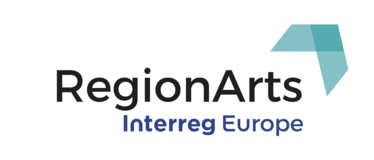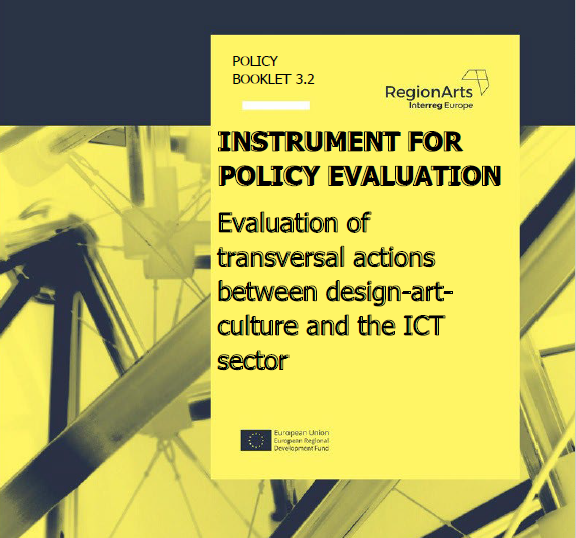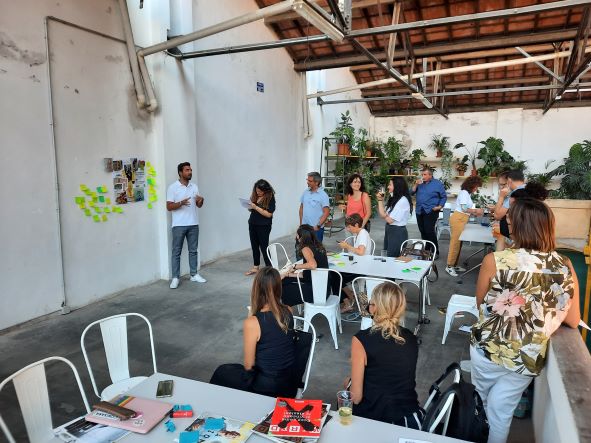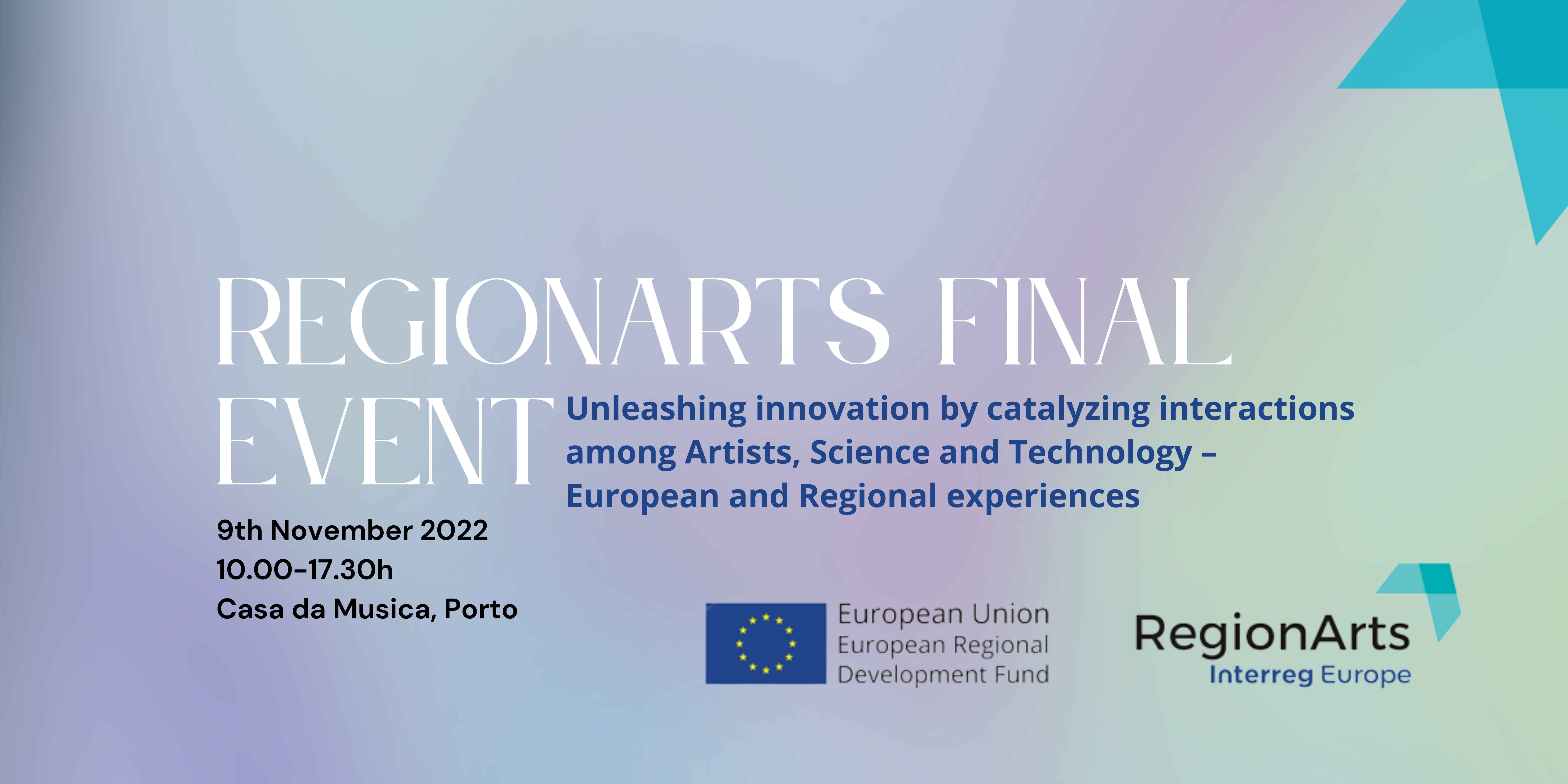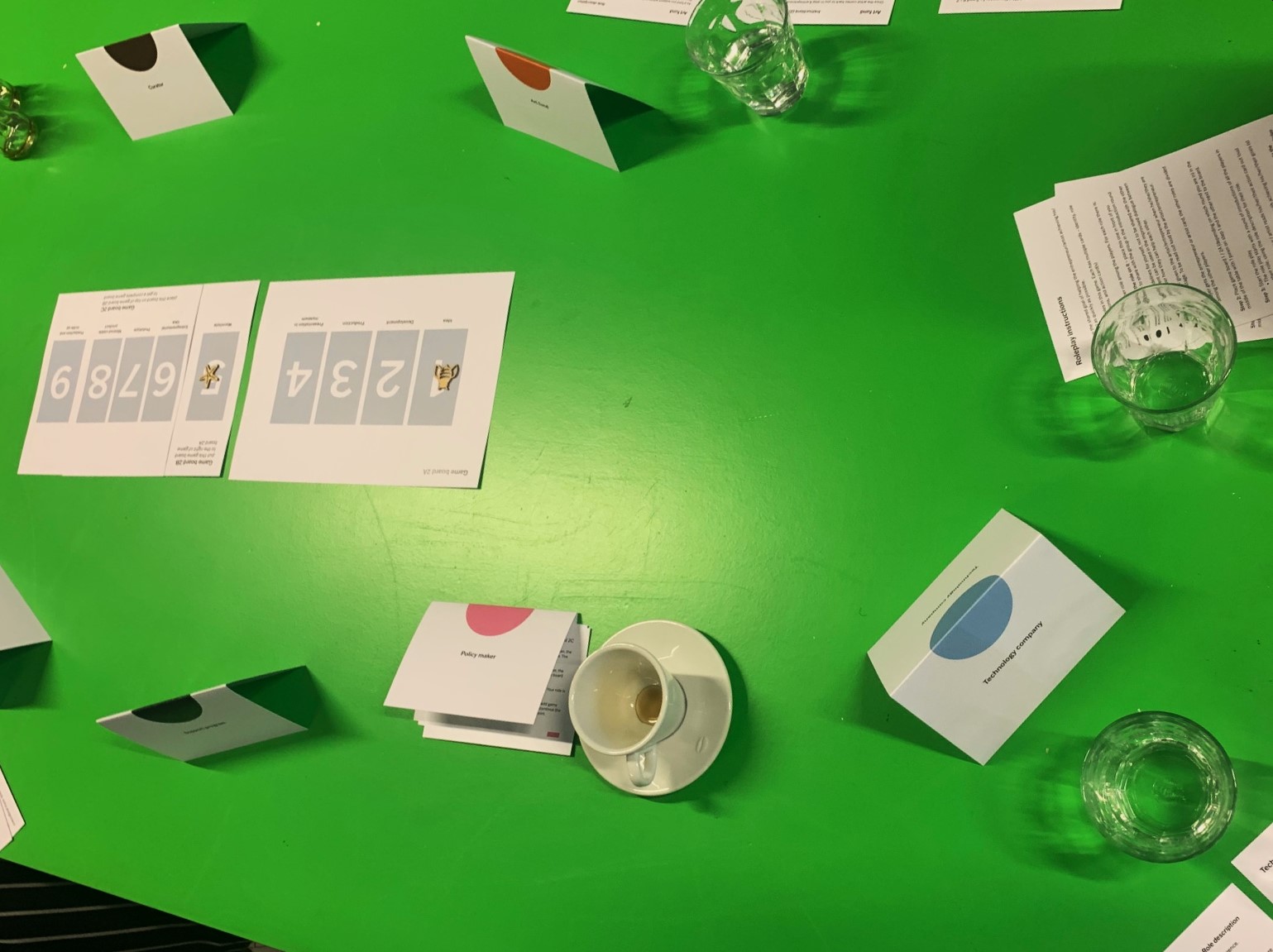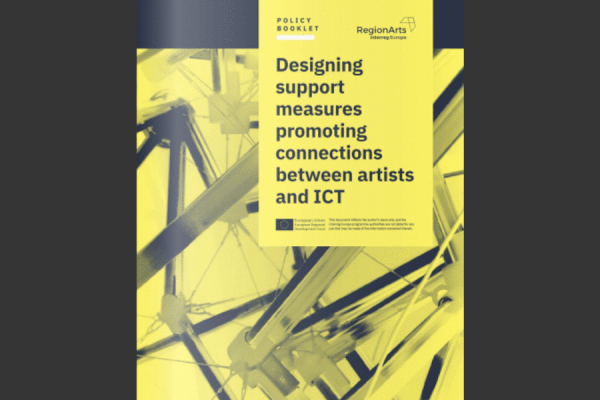Thanks to the Region Arts Interreg Europe project, ENTER has been visiting partner regions and learning about innovation and getting to know the Art/ICT ecosystem in partner regions better - Exchanges of Experience (and study visits). This interregional learning is an extremely vital tool to provide insights into the way other regions work, their approach to problems and business processes. But the learning process does not end here.
ENTER, as a learning partner in Region Arts, was also given the opportunity to be acquainted with the several good practices of other partners/stakeholders. This knowledge was then passed on to a wide range of stakeholders in Croatia while encouraging them to discover and becoming more familiar with the current regional policies in place. During what they call the LSG meeting process, ENTER gathered different stakeholders from the ICT and ARTS world, as well as stakeholders from policymaking institutions - that were invited to participate in the exchange of experiences to get a better insight into project activities.
During the last 6 months, and despite COVID-19 pandemic, ENTER organised two stakeholders meetings where project activities and future action plans were discussed. The first one organised in February had representatives of the ARTS & ICT sector, through, for example, Radiona, Tetrabot and Kontejner.
The second meeting in May was more targeted and focused on representatives of the Ministry of the Economy, Entrepreneurship and Crafts. The goal? To discuss current and future programming periods. ENTER's suggestions about the action plan were recognized as useful and necessary since they aim at achieving the competitiveness and innovation of SMEs.

In conclusion, the chance to collaborate and create networks has spectacularly improved ENTER's work. It has pushed it to try to influence and improve policies. Stakeholders involved in the project gave information on sector needs, the problems they’re facing, and resolution suggestions. They also spread information about the project to different actors and thus raising awareness of the importance of interdisciplinary collaborations.
